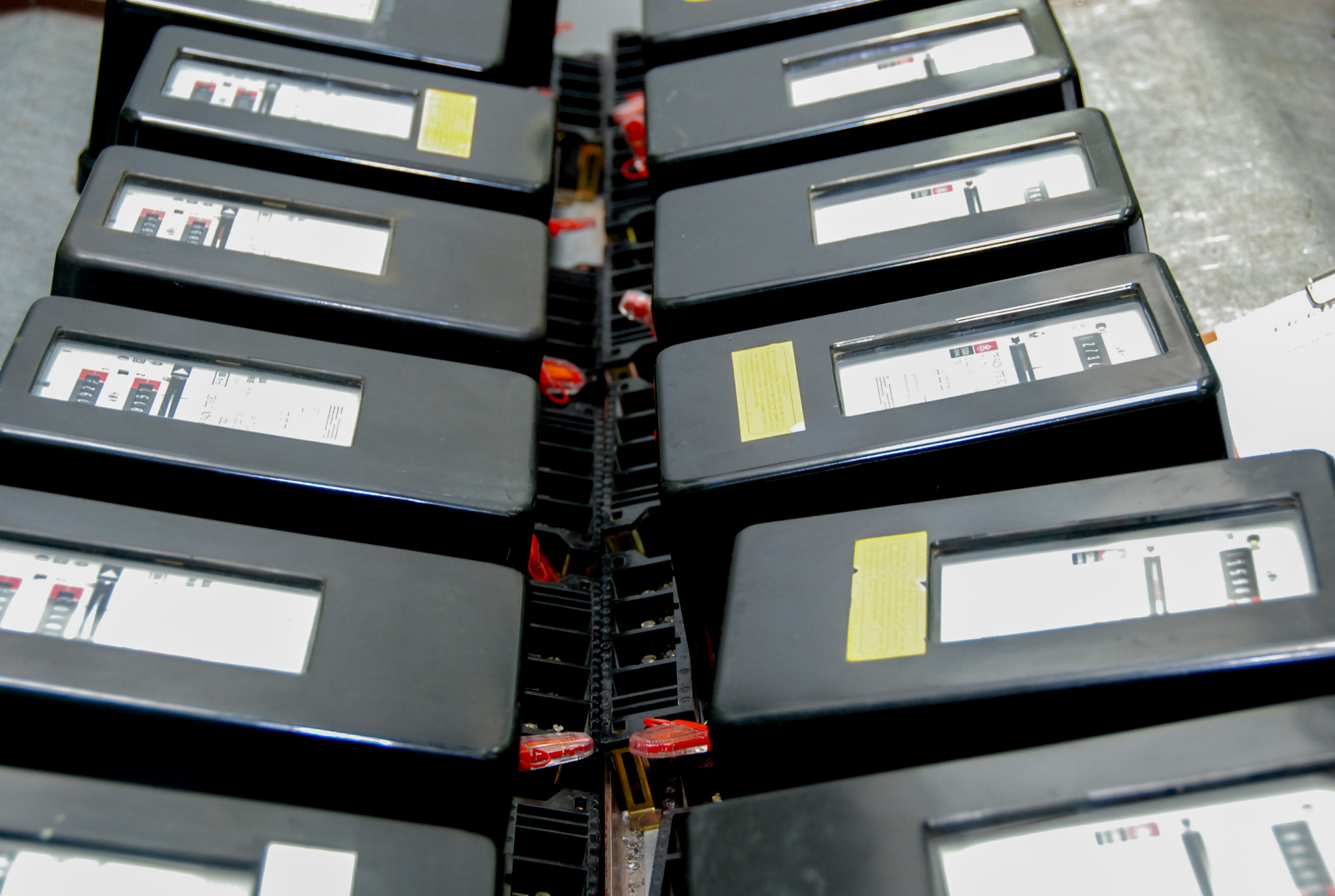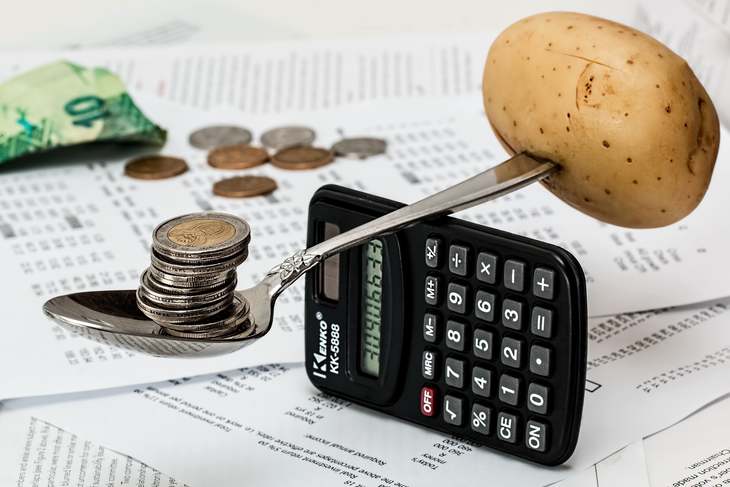
Inflation decreases slower than expected
Inflation is Serbia will remain above 15 per cent until the end of this year. The figure is higher than the number the National Bank expected, says a member of the country's Fiscal Council, opining that the price index will fall back to half of its current rate, and could stabilise around 3 per cent by 2024-25.
Inflation will remain a factor throughout next year
Inflation in Serbia will remain above 15 per cent, which is more than what the country’s central bank had expected. According to Fiscal Council member Bojan Dimitrijevic, the Serbian Central Bank’s calculations suggest that inflation will decrease to half of its current level by next year, and it will return to a 3-per-cent annual rate by 2024 or 25. There are several reasons behind such a drastic price index increase, Mr Dimitrijevic told Tanjug, Serbia’s state news agency.
„We have to keep in mind that on the one hand there is significant uncertainty regarding the war in Ukraine, and on the other hand, energy prices, including that of gas, oil and electricity have increased tremendously. This is due to the green transition, and may even be independent of the war in Ukraine. The other reason for the inflation is that due to the economic downturn, an excessive amount of money has been issued in the European Union and the United States. This exerted its effect mainly in 2022, so it can be established that the high inflation was mainly caused by external factors,” Mr Dimitrijevic underlined.
As V4NA wrote earlier, inflation in October stood at an annualized rate of 15 per cent, which exceeded former expectations. No country in the Balkan peninsula was able to avoid price hikes. The discrepancy between the indicators of the various states is negligible, and prices are rising regardless whether the country is a part of the European Union or not. In Croatia, an EU member state, inflation was reported at 13.2 per cent in October, whereas in Montenegro, it reached almost 17 per cent.
Households save twice if they use less energy
Serbs will need to cope with another wave of price hikes next year. From 1 January, the price of electricity will increase and natural gas will also become more expensive, the energy minister told Serbia’s public media. The price of electricity will rise by less than 10 per cent, while the price of gas will go up by 11 per cent, Dubravka Dedovic said. Serbia’s electricity provider calculated that an average consumer’s bill will increase by around 300 dinars (less than 3 euros). The price of electricity in the Balkan country last rose in September, when the hike reached 6.5 per cent.
View this post on Instagram
Electricity in Serbia will remain one of the cheapest in Europe, as the state will continue to cover part of the costs, Dubravka Dedovic wrote in her post on Instagram.
The minister pointed out that consumers who are using less electricity than a year before may become eligible to a discount of up to 30 per cent in the given month. In line with this regulation, if families use less energy than in 2021, their bills will not only be reduced with the difference in their consumption, but the service provider will also charge less by deducting a certain portion from their actual consumption.
Amidst a global energy crisis, we must all act, the minister emphasized, pointing out that measures must be taken to ensure that power supplies are steady and secure.
The price of gas will increase by 11 per cent as of 1 January, Dubravka Dedovic wrote. In European comparison, gas in Serbia is one of the cheapest for industrial users, while the price of natural gas for households is the third lowest, she added.

Photo: Pixabay
In addition to electricity and gas prices, motorway tolls will also increase in the Balkan country from the first day of next year. According to Zoran Drobnjak, director of Roads of Serbia, the government has already approved their request.

